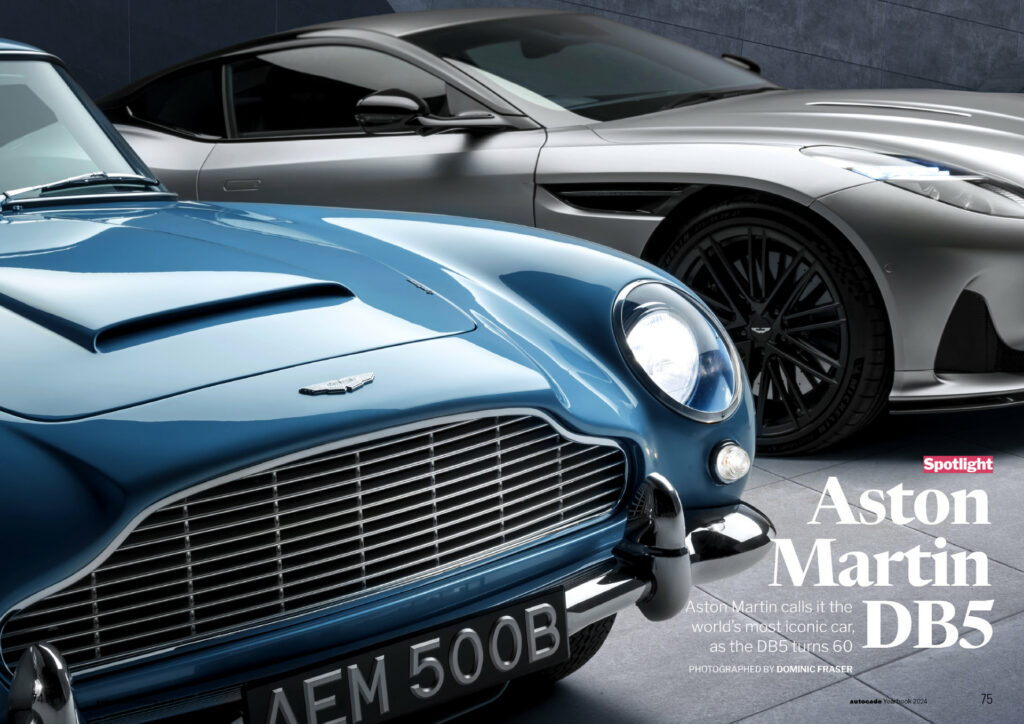This girl group appears in three Glen A. Larson productions that I can think of, and probably appears in more. Switch, Knight Rider and Cover Up are the three I know of. Their fashions and hairstyles, plus those of the audience, would place this in the first part of the 1970s—by the time they […]
Read More… from Which other Glen A. Larson production did this girl group appear in?

